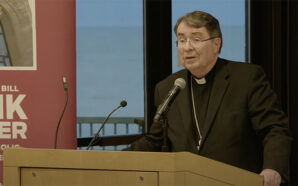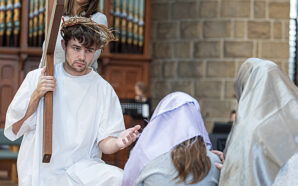Weekly Column from the Executive Director of Schools, Diocese of Parramatta
My experience with the school’s career advisor in Year 10 went something like this: I made make an appointment, talked about the kind of careers I thought I might interested in and listed what I thought were my skills. The career advisor then made suggestions about possible career paths. This was in the day when there was full employment and you could expect a career for life. One of the possible suggestions my career advisor made to me back then was that I would be suited to being a bank teller. In the end, I ended up in education.
Career advisors are often teachers who are appointed to the role in a part or full-time capacity. They are there to answer student questions, provide advice and share resources. They can be a wonderful support to students. At the same time, some haven’t had a broad experience of the workplace outside the teaching profession. Given the changing nature of work today and the recognition that young people will have several careers over their working life, it is time to re-think the role of careers advisors.
I like the idea of secondary students having a Learning Pathways Mentor (LPM), someone with whom they can meet regularly, right from when they start in Year 7, to build a deep understanding of their capabilities, skills and interests. The LPM would be someone who would not only keep ahead of global trends and technologies but would also be able to provide meaningful advice around the skills and capabilities needed for particular roles.
Another aspect of the role would be to create opportunities between the student and relevant networks, industries, business and training organisations. They could then work with the student and his/her classroom teachers to construct a personalised program to explore different career pathways. Rather than focusing on a specific career option, the LPM would work with the student on what they are passionate about and the problems they are interested in solving.
Globalisation continues to change how we all work. Today’s learners will be the knowledge workers of tomorrow. This means being able to learn and relearn in order to respond to new situations, technologies and workplaces. Increasingly, young people are creating their own careers rather than slotting into existing ones. They need teachers and mentors who will listen to them, learn with them and walk alongside them so that they are able to find their place in this fast-paced and ever-changing world of work.
Greg Whitby
Executive Director of Schools – Diocese of Parramatta







